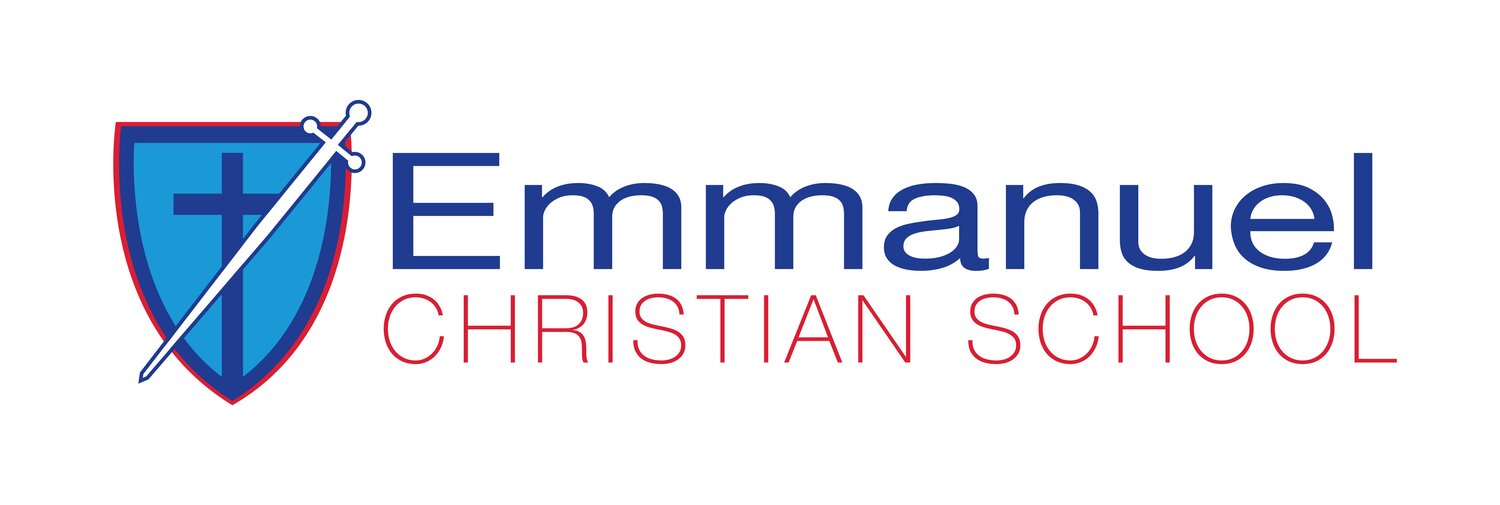Since taking up my new role as Acting Deputy Principal, I have been trying to remember what it was like to be a High School student.
I have briefly taught in the High School many year ago, but most of my educational journey has been in the Upper Primary school.
I remember my own children’s High school days. My daughter loved everybody and was everybody’s best friend. She never stopped talking to me about everything. I knew far too much about the goings on in the lives of many students, and what happened in the classes of all her teachers. My son was a different matter. He was very quiet. It was hard to get him to talk about anything, let alone school. In Grade 9, I decided to pick him up from school on Thursdays and take him on a regular mum date to a café. I remember these as silent car rides, him grunting ‘can I have a pie and a cake?’, me sitting asking him questions about his day, him giving one-word grunted answers between mouthfuls and then silent drives home. Amazingly, Jake’s reflection on these times is quite different; he remembers them as special connecting times very fondly!
I know that High School years are amazing years, as our precious young ones push out of the supportive cocoon of childhood into early adulthood. They need to find their wings and, with guidance, learn how to fly. It’s a time of conflict and trying out new things. We expect them to get louder and learn how to respectfully (hopefully) disagree with us as they try on their burgeoning adult selves.
Adolescence has been recognised as a time of turmoil and growth for centuries. Ancient Roman, Greek and Egyptian cultures identified it as a separate stage and many cultures past and present, celebrate the end of this stage with ceremonies of some type. There are numerous quotes about youth. In his 1624 book The Wise-Man's Forecast against the Evill Time, Thomas Barnes, the minister of St. Margaret's Church on New Fish Street in London, complained: "Youth were never more sawcie, yea never more savagely saucie ... the ancient are scorned, the honourable are contemned, the magistrate is not dreaded."
Adolescence is a time of great change for young people…adolescence is not just marked by physical changes—young people are also experiencing cognitive, social/emotional and interpersonal changes as well. As they grow and develop, young people are influenced by outside factors such as: parents, peers, community, culture, religion, school, world events and the media. While it is true that each teenager is an individual with a unique personality and interests, there are also numerous developmental issues that just about every teen faces during the early, middle and late adolescent years (AACAP, 2003).
How we, as a learning community, respond to our High School students is of great importance. We need to work, as a community, hopefully a like-minded team of educators and guardians/parents, to give our adolescents clear boundaries, engaging educational opportunities, a listening ear and a lot of love and grace as they navigate this time.
I look forward to meeting past students and hearing about their lives. My own children survived and are thriving in their lives. Jake and I have amazing conversations involving a lot more than questions about food (he still does regularly raid my fridge), and on Saturday I walked on Mount Wellington with them both. Our children are our greatest blessing and sometimes our biggest prayer need. Let’s keep praying and loving them.
Annie Joy — Acting Deputy Principal










